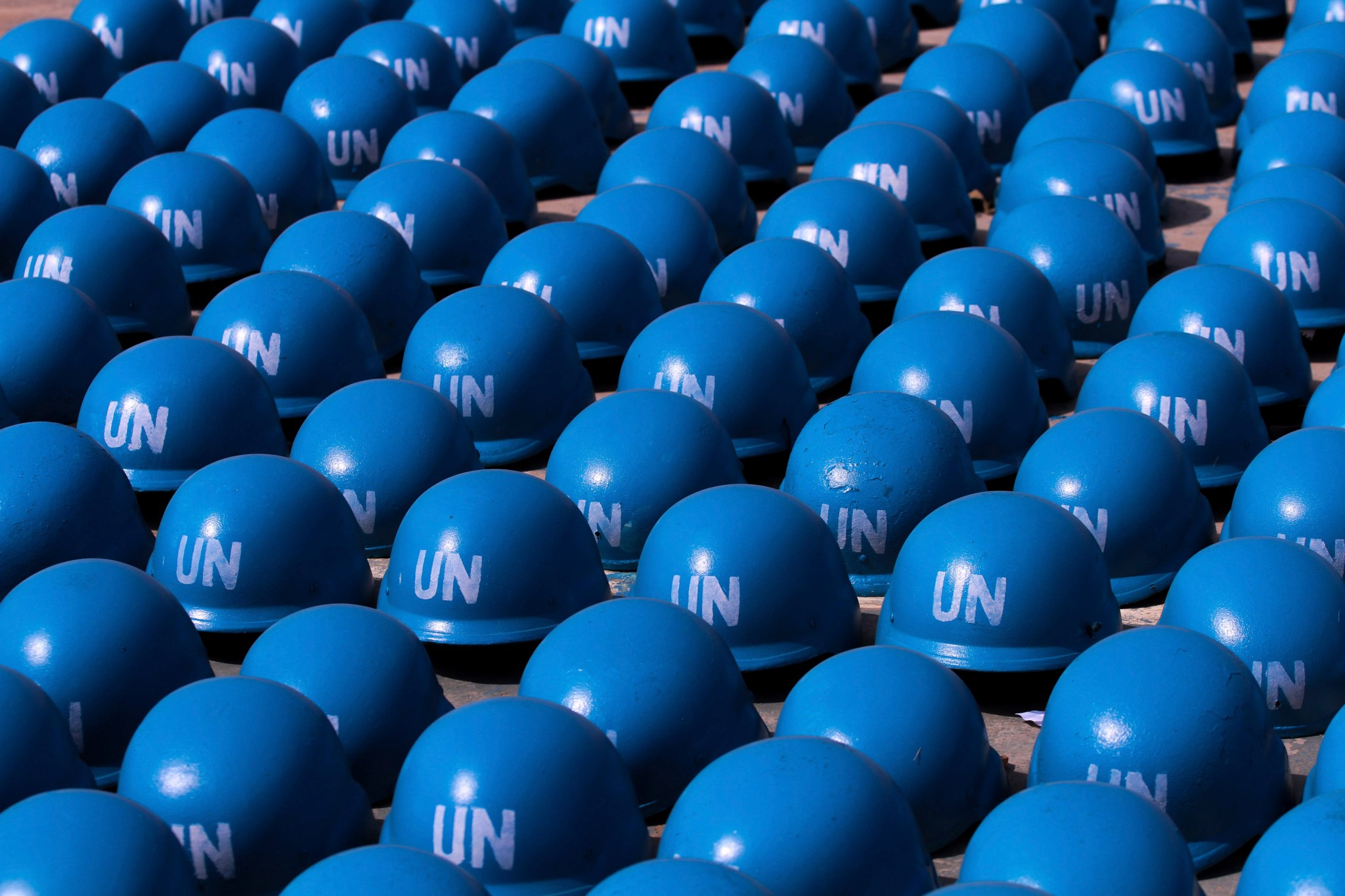
Blue Helmets: Does UNAMIS Leave Behind?
Yousef Siraj
(-) The mission of the United Nations Mission to Support the Transition in Sudan (UNAMIS) practically ended on the third of this month, following the vote of 14 members of the United Nations Security Council to terminate the mission at the request of the Sudanese government.
(-) The conclusion of the UN mission was expected since the departure of its head, Volker Perthes, from Sudan after the war, and his subsequent resignation. This came after waves of rejection and opposition to the missions actions by entities associated with the ousted regime, which continued to denounce Perthes and his mission to the point of threats and organizing demonstrations against UNAMIS. This was especially after its support for the Framework Agreement to restore the democratic path and end the October 25 coup, aligning with the orientations of the old regime.
(-) Despite the justifications provided by the Sudanese government in its speech to end the activities of UNAMIS, deposited with the Security Council on November 17 last year, citing the absence of reasons for the mission to continue during the transitional period and its support for the political process, there is ample evidence to reveal the real motives and reasons behind the governments firmness and its choice of the current timing to end the duration of the UN mission. This comes just a few days after the Secretary-General of the United Nations, Antonio Guterres, decided to appoint Algerian diplomat Ramadan Al-Amamra as his personal envoy to Sudan.
(-) It is most clear that other factors prompted the haste with this step, with the emergence of reports from the United Nations regarding violations against civilians during the war. The latest UN reports mentioned that 258 civilians were killed by the armys aerial bombardment, seen as a step towards issuing sanctions that may target military leaders.
(-) Attempting to escape forward and invoking scenarios from the old regime against international systems is a doomed experience that only led Sudan to pay a heavy price by placing it on the list of states sponsoring terrorism. This later caused economic and political troubles that required intensive efforts from the revolutionary government led by former Prime Minister Abdullah Hamdok before successfully removing Sudan from the list of terrorism sponsors. Now, things seem to be returning to square one, as if we neither went nor came.
(-) Perhaps the military leaders, who celebrated the end of UNAMISs mandate, did not consider that the alternative might be transitioning to the Chapter VII phase and the intervention of international forces with "blue helmets" to protect civilians, as long as the prevailing voice now from the leadership is to proceed with the absurd war.


